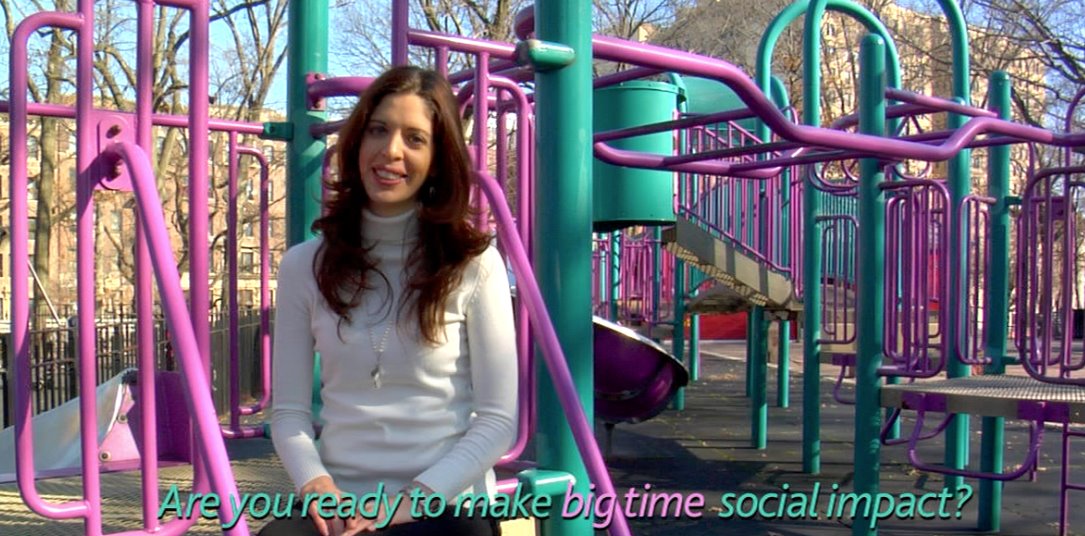By Alexia Vernon
If people had told me growing up that some of the most rewarding work I’d one day do would be with sex offenders, I most likely would have laughed in their faces or told them, “How dare you suggest that they deserve a second chance!” Because although I was one of less than 20 percent of children who spoke out about her abuse, for the majority of my life I was trapped in an unproductive telling of it.
When I disclosed the abuse at the age of four, my family had two very clear and contradictory reactions – total belief or total disbelief. As a result, growing up I threw myself into performing that I was “fine.” For the people who wanted to hang a noose around the neck of the family member who abused me, “fine” meant that I had moved on.
Wasn’t still having contact with him. For the people who couldn’t imagine their loved one molesting me, “fine” meant that I wasn’t terrified every time they had the two of us together.
That I wasn’t struggling to resolve my feelings of genuine love with my feelings of utter disgust.
By the time I graduated high school, I began to speak openly about my early childhood molestation. Preventing sexual abuse and sexual assault were my platform when I had the privilege of serving the country as Miss Junior America. I used my experiences as the foundation of both my undergraduate and graduate performance pieces. I even shared pieces of my story in my work developing young leaders in companies.
While the way I cast myself in the story shifted – from victim, to survivor, to detached commentator, to at times even satirist – the role I cast the person who sexually abused me in never did. He was always a perpetrator.
I was strong. I was thriving. I was living an honorable life.
He, on the other hand, was sick. Cruel. And deserved to be punished.
In the aftermath of a rather sordid overlapping series of events that involved a brief reconnection with my abuser and allegations of sexual abuse against another family member, I had one of those huge “aha’s” that changed the trajectory of my life. If I really wanted to make an impact in shifting the way families prevent, respond to, and heal from sexual abuse, I needed to be working with sexual offenders. Not just the abused.
Once I got clear on my vision – creating a world where sexual offenders can take responsibility for their actions, reconnect with their true selves, and have the opportunity to make a contribution in the next chapter of their lives – the “how” organically emerged. I now lead individual and group coaching sessions for men who have been convicted of sexual offenses and are transitioning back into the community.
At first the idea for the group was to harness my experiences as a career and workplace coach and speaker to help the men find jobs.
As I began to pour myself into understanding the reintegration experience for sex offenders, I learned that most never again find gainful employment.
As a result, they either are reliant on the family members who haven’t forsaken them – a surefire recipe for loss of self-esteem, which is a surefire recipe for returning to their abusive behavior – or they go homeless and are no longer tracked by their local departments of probation and parole. In other words, by punishing sex offenders we are actually making children more vulnerable.
After a few sessions with my men, what I discovered was that my purpose was far greater than to provide career education.
Whether their offenses were public urination, sexting, consensually dating a younger teen, or one of the more serious crimes we usually associate with sexual offense, almost all of the men I have worked with express a similar need – to heal from the traumas they had experienced and never worked through.
To see themselves as more than the label “sex offender.” To reclaim their dignity. To have hope for their future.
My men are hungry to be seen as human beings. And to have the opportunity to live as one.
Being a conduit for my men’s healing – and as Christina would say, opening up the possibility for them to receive a second first – has been the greatest gift in my life. It has taught me how to forgive…everyone in my life for everything. I have learned how to forgive myself…for demonizing other people and for allowing those I have demonized to maintain power over me in the stories I choose to tell.
Anita Moorjani, author of the new book Dying to Be Me, perhaps best summarizes the critical reframe I’ve made. “I think that we turn to destruction only when we’ve lost our way and drifted far from knowing the truth of who we really are. Criminals have lost their center, and they’re doing to others is actually a reflection of how they feel inside about themselves. We like to think of perpetrators and victims as “them” and “us,” but there is no “them.” It’s all us!”
My work with sex offenders, and the lessons I have learned through it, is no doubt the catalyst for a period of tremendous growth in my career.
I recently launched a new platform, Step Into Your Moxie, to empower women to find their voice, speak with confidence and competence, and use their life and work to create big time positive social impact.
I am tickled beyond words to be joined by Christina and a host of other brilliant coaches and speakers in New York City this summer for my first Moxie Camp. From June 29-July 1, 2012, women who similarly feel called to find solutions to our world’s biggest problems will come together for a weekend where they will get up on their feet, share their vision and voice, receive hands-on coaching, and get comfortable in their power so that they can have the mindset, skills, behaviors, and relationships to build a movement around their ideas and leave the legacy they were put here to make.
If this feels like the next step in your journey, I hope you will join us.
With all my love and light,
Alexia
About the author
Alexia Vernon helps individuals and organizations make heart-centered, high-impact communication and public speaking a way of being. She is the creator of Moxie Camp, a weekend experience for female changemakers, and just released her second book, 90 Days 90 Ways: Onboard Young Professionals to Peak Performance. She has shared her advice with such media as CNN, NBC, the Wall Street Journal, FOX Business News, CBS MoneyWatch, Forbes.com, and Mint.com. To learn more about Alexia and receive her 7 Biggest Obstacles to Success and the Sinfully Simple Formula to Shift Them Into Opportunities, visit AlexiaVernon.com. You can also follow Alexia on Twitter and connect on Facebook







